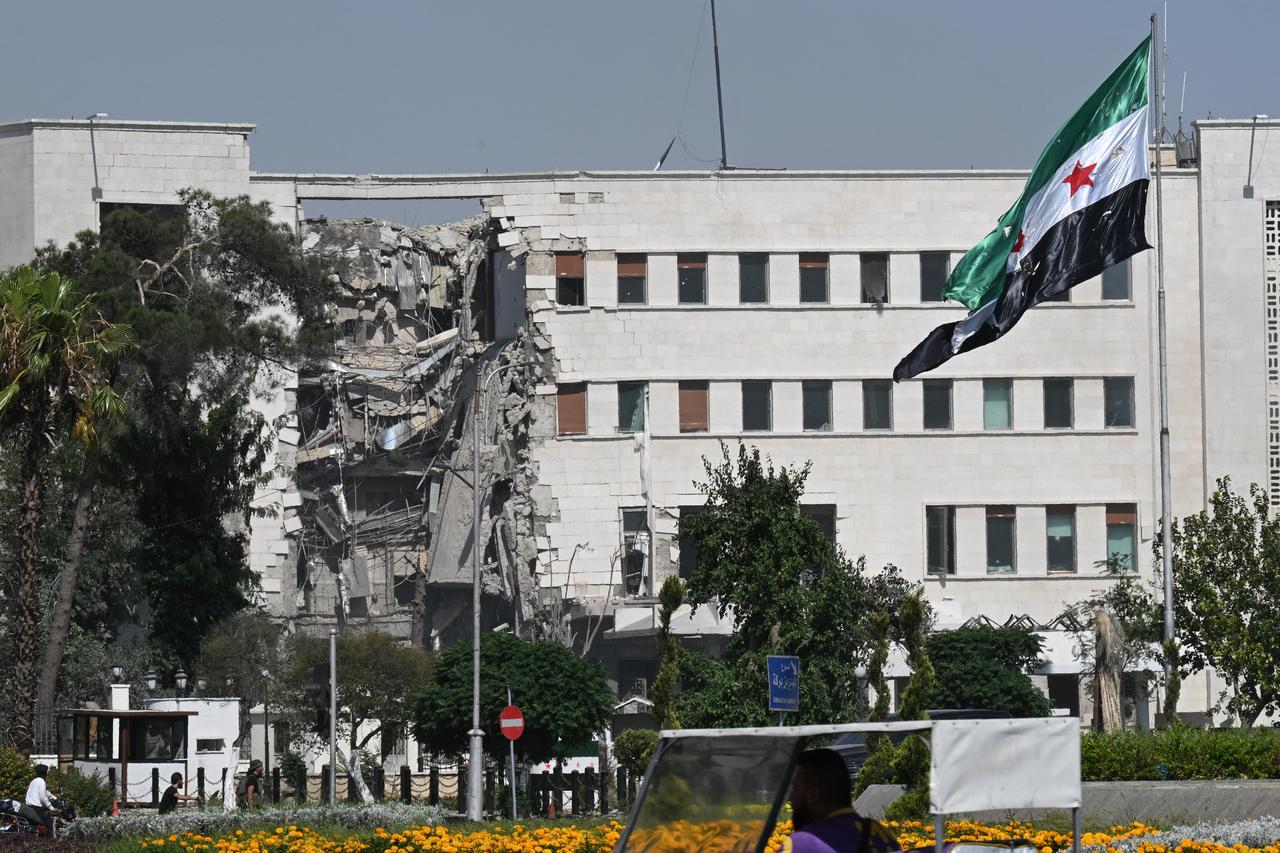
The lessons from America's war on terror are clear: terrorism cannot be eliminated through bombs alone. True counterterrorism requires changing mindsets, whether through winning hearts and minds or by crushing hope itself. Israel's current approach in Syria ignores these fundamental truths, pursuing a dangerous strategy that will ultimately backfire.
Israel finds itself fighting on multiple fronts while losing the propaganda war in Gaza. The central question remains: can Hamas truly be eliminated? The harsh reality is that the more civilians are killed, the more people become radicalized. Each bombing campaign creates a new generation of fundamentalists— children who witness their parents and relatives die become tomorrow's militants.
This radicalization extends far beyond Gaza. Israel's actions are creating the next generation of Hezbollah fighters, Iraqi militia members, and Iranian hardliners who will never trust Israel's claims of seeking peace or being a democracy. The cycle perpetuates itself with each military action.
Syria has endured over a decade of brutal civil war that has spawned widespread violent extremism and terrorism. The new Syrian government, led by figures like President Ahmad al-Sharaa, has been working to change the mindset of extremists through hearts-and-minds approaches—precisely what America should have done during the war on terror. Sharaa's success in de-radicalizing Idlib demonstrates that this approach can work.
However, President Benjamin Netanyahu's Israel appears threatened by this progress. For the past six months, Israel has been actively creating ethnic tensions and fueling violent extremism across Syria, making Damascus' stabilization efforts exponentially more difficult, especially given its limited resources.
Israel's apparent strategy seems aimed at creating conditions that would legitimize occupying large parts of Syria. However, this approach is fundamentally flawed and unsustainable. Observers see Israel speaking of peace while waging war, and actions speak louder than words.
Even if Israel achieves five, seven or 12 years of relative safety through military dominance, an entire generation of radicalized extremists will eventually come of age. Without addressing root causes, Israel loses the opportunity to understand how future attacks might be carried out. Air superiority can inflict significant damage, but it fundamentally alters how multiple generations will view victims and enemies in the years to come.
Netanyahu's government faces a critical choice: continue destabilizing Syria or pivot toward genuine peace. Israel should abandon its divisive tactics that fracture the war-torn country and reconsider its long-term strategic goals.
Sharaa has demonstrated that de-radicalization is possible, successfully changing hearts and minds in Idlib. Given the opportunity, he could extend this success throughout Syria, not only with fundamentalists but also with Iran-backed extremists, PKK militants, and other violent groups.
The current path leads nowhere but deeper conflict. True security comes not from bombing populations back to the stone age, but from addressing the underlying grievances that fuel extremism. Israel's strategy in Syria is not just failing—it's dangerous, creating the very threats it claims to eliminate.